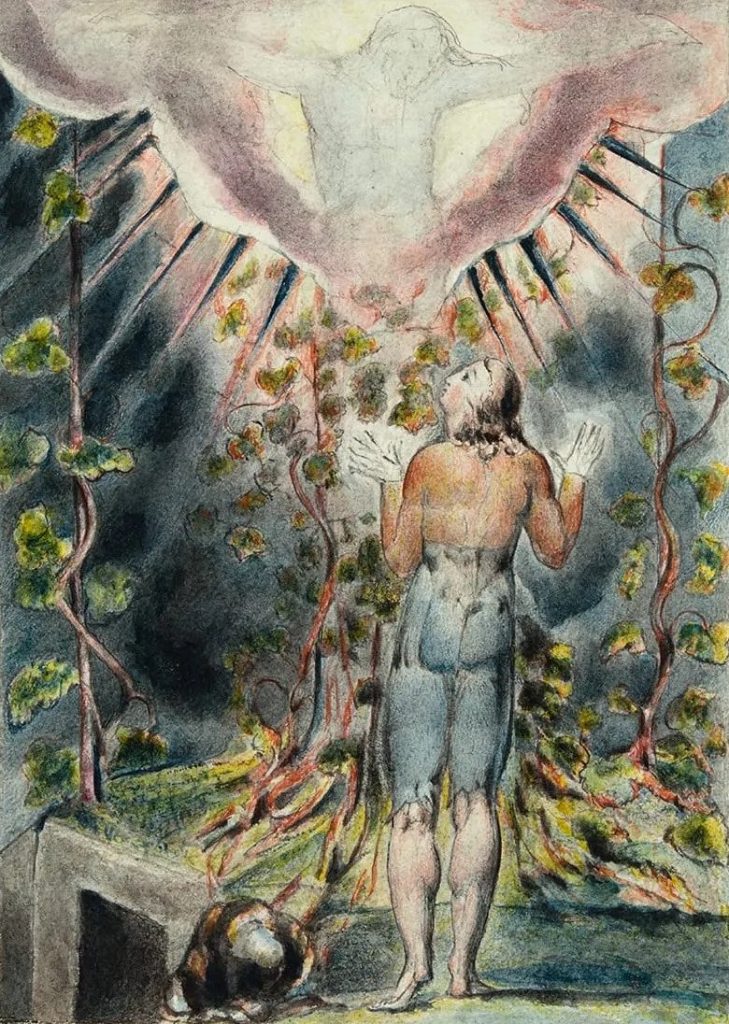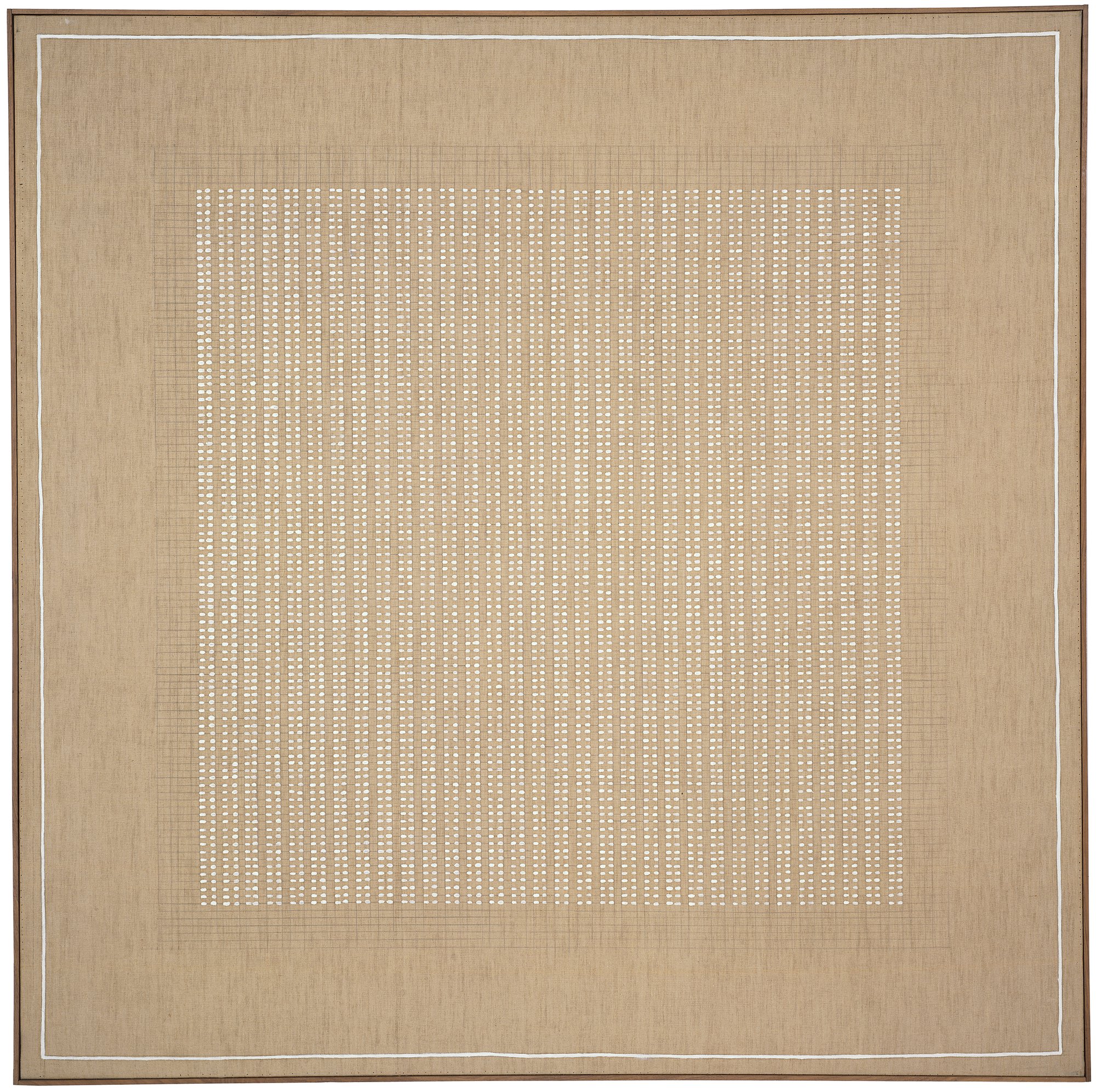Calm • Perspective
What is a Transcendental Experience?
A ‘transcendental experience’ – from the Latin transcendere, meaning ‘to go beyond’ – denotes a brief, uncommon, ecstatic and revelatory period in which we are able to loosen our hold on our characteristically narrow ego-specific concerns and can identify with a totality that is larger, older, greater and deeper than we are – and feel intensely unburdened and liberated thereby.
We might have a transcendental experience early on a summer’s morning, looking down at the mist starting to burn up in the valley below; or late at night, with the galaxies above us. We might go through one in a plane crossing the icefields of northern Canada; or at 3am, alone in a foreign hotel bedroom, contemplating matters from a new unbound perspective. Nature is especially good at prompting transcendental moments; as are nights, solitude, the sounds of flutes, sitars and harps, airplanes, fevers, William Blake, Rumi, mountains and psilocybin and mescaline.

In the grip of a transcendental experience, it matters very slightly less who we are, the mistakes we have made, and how halting our uncertain trajectory has been. We willingly let go of the compromised ‘I’ and all its often petty and mean-spirited obsessions in order to become, for a privileged while, a part of the timeless, beatific whole. We are the clouds, the rocks, the beetle climbing arduously up the bark of a tree, a baby being born on another continent, a nonagenarian breathing their last, a line in a poem and a star expiring in a distant galaxy. We don’t care that we have been betrayed in love, were defeated at work and roughly handled in childhood. Our own death becomes a matter of utter indifference; we feel honoured to be occupying such a small space in the order of things and that we will soon disappear without a trace. We let go of it all in the name of an identification with the totality of existence. We willingly exchange ourselves for a blissful engulfment in otherness.
We have not gone mad. We’ll be doing the school run or the accounts again in a few hours. But what counts is that we have accessed – and can now bookmark – a kind of experience that will always be on hand in memory as a rebuke to our most frantic, frightened or vain moments. It is the greatest privilege accorded to us by our complex minds that we do not always have to be simply and punishingly ourselves.

























